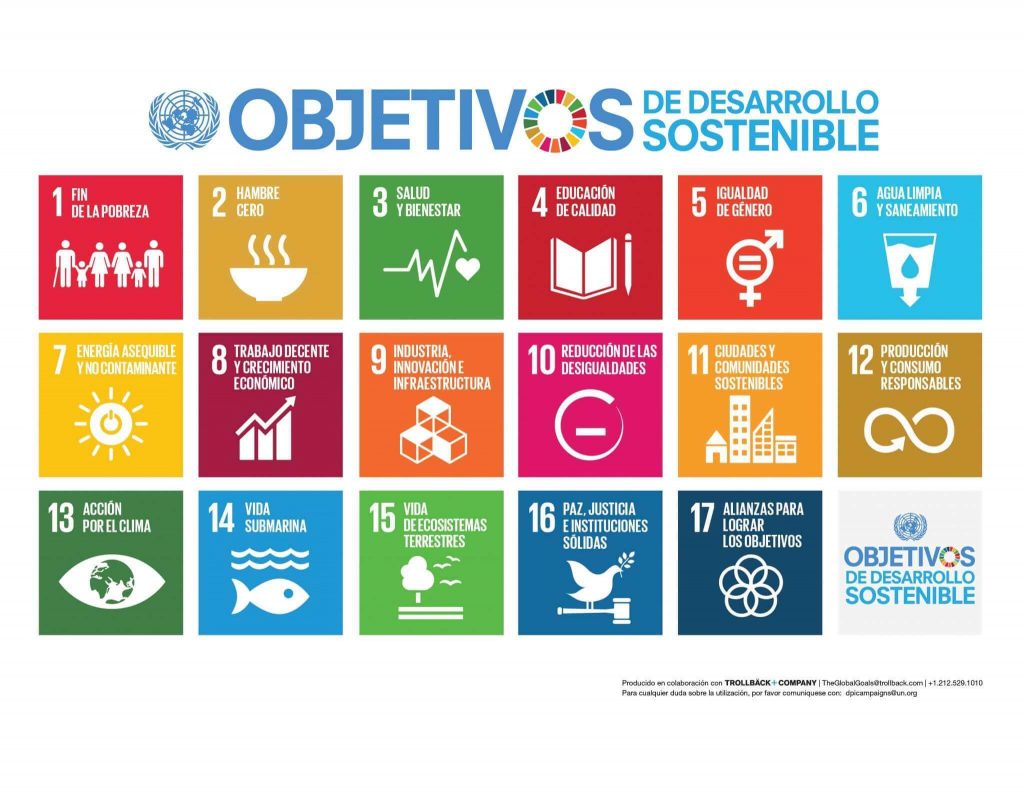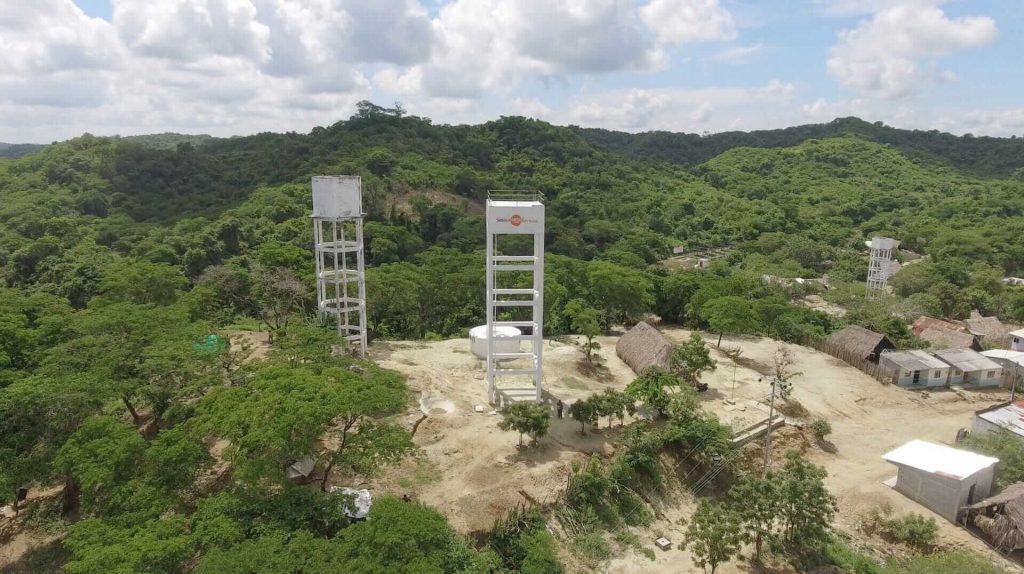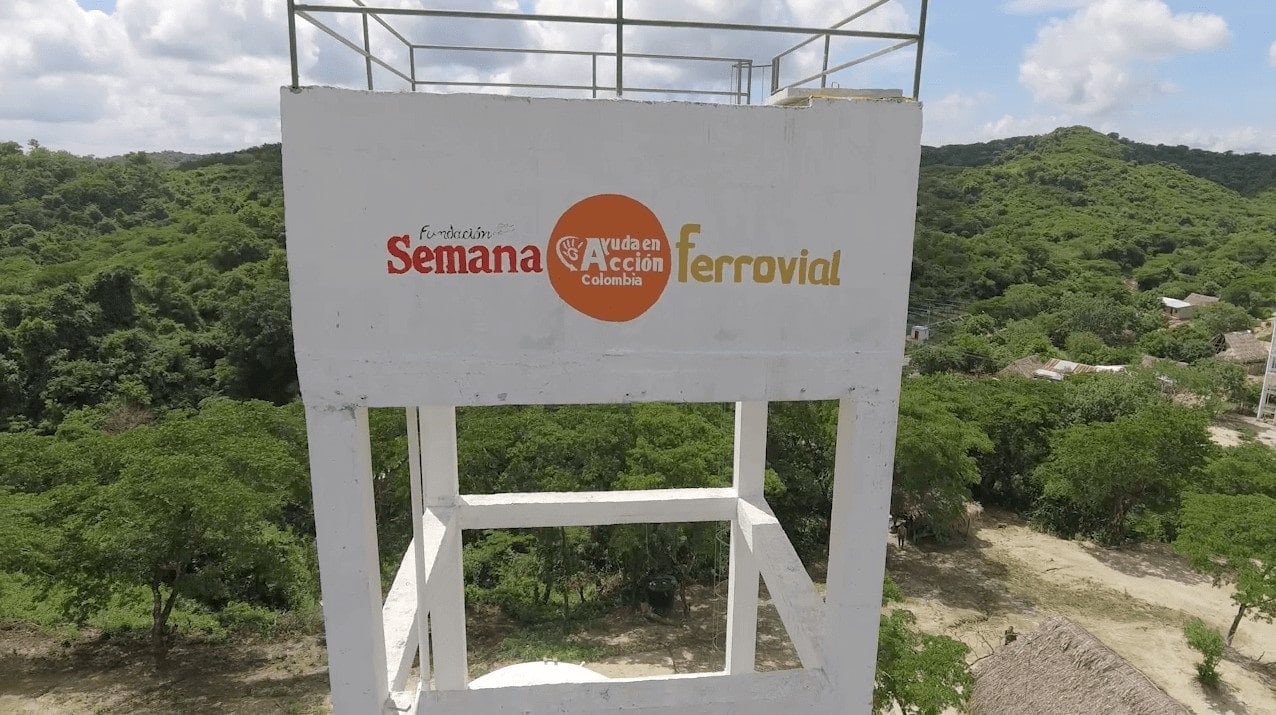
The role of the private sector, the key to achieving SDGs
26 of June of 2019
We have a reason to celebrate! And it’s no small feat. As of today, we can proudly say that Corporate Responsibility is considered to be another tool in business management since the private sector clearly recognizes that what it has to offer is sustainable and differential, if aligned with their contribution to achieving a more sustainable world. Faced with the march of globalization and all that involves, we must take on global challenges like the fight against climate change, poverty, and reducing inequalities. We cannot turn our backs on working with the environment, society, and good governance in the business sector. Evidence shows that integrating these ESG (environmental, social, and governance) criteria in management can help returns beyond our projections. To do so, we must commit to development on a global scale and collaborative action.
Here at Ferrovial, a global infrastructure operator, we decided to incorporate the CSR strategy into our business model, and after the 2015 launch of the ‘2030 Agenda’ defined by the 17 Sustainable Development Goals (SDGs), we’ve demonstrated our firm commitment to its success.

The push from the private sector in the 2030 Agenda
We cannot overstate the importance of the private sector’s contribution to the success of this highly ambitious agenda. Without it, it would be impossible to meet the 17 objectives proposed for the next 15 years.
“We’ve learned that the SDGs pave the way for business practices and markets of the future. Businesses also have a crucial role in this task. The United Nations, governments, and the private sector are working together more closely with very significant results.”
These were the words of the UN’s former secretary general, Ban Ki-moon, during the forum ‘Businesses and the 2030 Agenda: choosing the right path’ held in September of 2016, as he referred to the creation of new strategic alliances to secure a sustainable future.
What is our role in the ‘2030 Agenda’?
Ferrovial is contributing to the 17 SDGs transversally, focusing our efforts on three of them:
- SDG 6: Clean water and sanitation
- SDG 9: Industry, Innovation, and Infrastructure.
- SDG 11: Sustainable cities and communities.

And what if they told you that the tap water was contaminated and you couldn’t use it? How many kilometers would you have to walk to get potable water? Access to clean water and sanitation is a basic, cross-cutting objective. This basic resource is the primary way infectious diseases like cholera are spread. Nowadays, one of the main causes of infant mortality in impoverished countries is dehydration brought about by diseases like diarrhea, due to not having residual purifiers for treating water. To eradicate poverty and reduce inequalities, achieve universal health, create sustainable cities, or fight against climate change, universal access to potable water is necessary. A finite resource that will have repercussions on sustainable growth for the world’s population.
Strategic alliances to address global challenges
To do so, we work through the ‘Social Infrastructure’ program launched in 2011 to contribute to local development with what we really know how to do: building infrastructure for potable water and sanitation, along with partner NGODs in sub-Saharan Africa and Latin America
All that through a business model based on the PPP formula (Public-Private Partnership). We are aware that working with governments, NGODs, and civil society is essential to offering necessary, sustainable solutions in countries where we come in. This is the model that we’ve applied, for instance, in the U.S. infrastructure sector, and it’s been proven to work.
So why not apply our international program of cooperation to development? The power to establish strategic alliances with all the actors involved is vital, and it is the only way for us to develop cooperative projects that are smart and efficient. Through this program, we are creating alliances with NGODs and local administrations in Latin America and Africa that are really going to know their communities’ needs.
How is all of this developed?
In the first place, when it is time to execute a project, we sign an agreement for business collaboration with the partners, and a joint committee is formed, which is composed of representatives from each partner. This commission aims to meet in order to carry out technical monitoring and budgeting for the project. Through this, an atmosphere of mutual trust is created, which is essential for the alliance to come together and for the project to work.
Ferrovial is not only in charge of financing infrastructure, as it participates as an actor by providing technical assistance and getting employees involved through our Corporate Volunteer Plan so that they can share their professional experience and promote development in local communities or disadvantaged groups.

This type of alliance undoubtedly benefits all the actors involved to create a win-win situation among all parties. The main achievement is the development of impoverished communities or regions that would benefit, in our case, from access to water for human consumption and basic sanitation. The community itself works on our projects, as well, and individuals are trained to be able to carry out any maintenance and repairs on the infrastructure in the future. Secondly, local NGOs have access to innovative design solutions and cutting-edge technologies that can help cut costs and make projects more efficient. Finally, local administrations benefit from potable water programs that enable them to redirect the public funds available to other additional needs.
But for public-private alliances not to fail, it is necessary to establish some of the principles outlined by the OCDE, which we’ve managed to incorporate here at Ferrovial, with 25 social projects for potable water and sanitation under our belts:
- Mutual trust among all parties involved.
- Establishing clear rules of play, that is, having clear expectations from each partner and discussing potential risks in advance.
- Solid principles and directives from a business point of view. We businesses need guides that foster sustainability long-term and facilitate future interventions.
- The role of governing bodies is essential, as they work on coordinating the different actors.
The relationships around the project must be planned for mid- and long-terms. It is necessary to consider an integrated sphere of action and collaboration through each actor’s organizational objectives and structures in order to obtain measurable results.

Social action through innovative, strategic projects is one option a business may take on by itself, but doing so in alliance with the third sector and public administrations, joining forces with several organizations of different types, and creating synergies is an excellent choice due to its multiplicative power. These alliances enable designing solutions not just for today’s problems, but for the challenges of tomorrow.




There are no comments yet